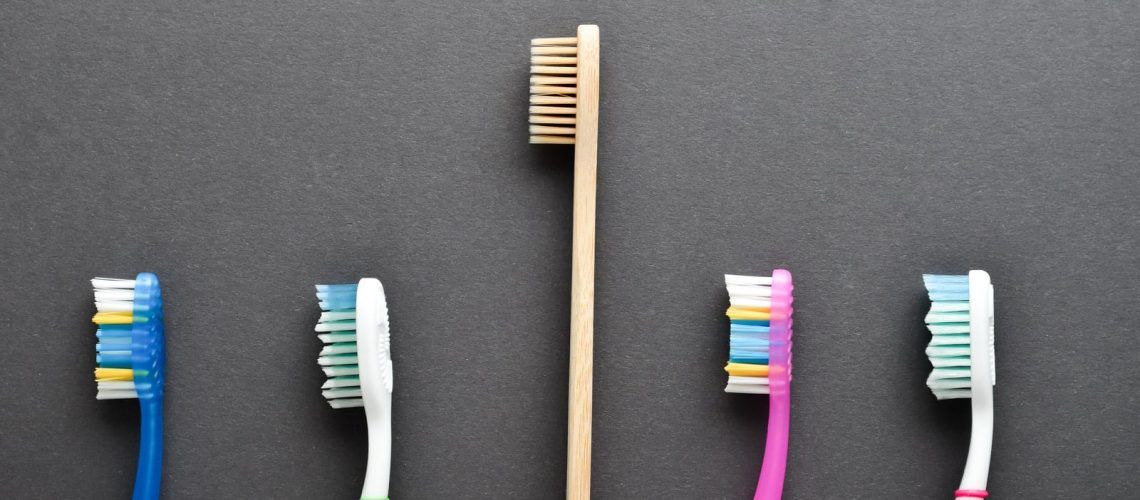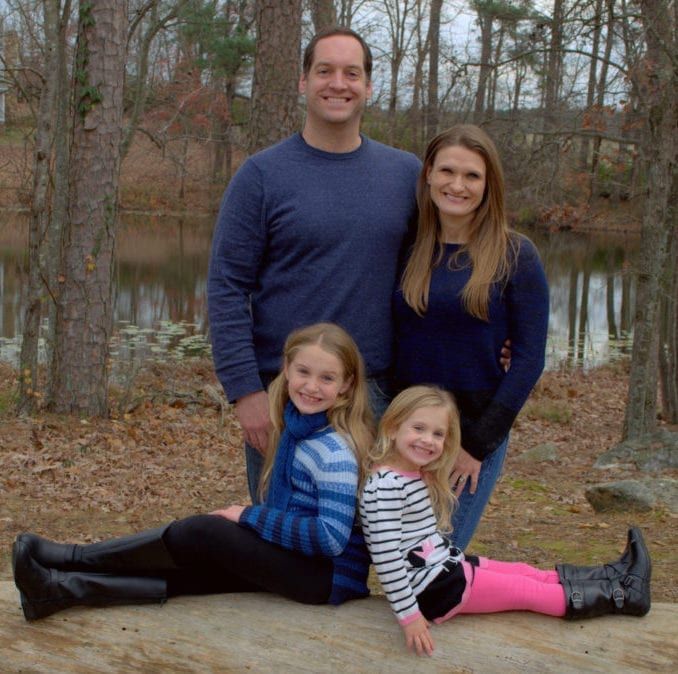Take a moment and consider your regular dental hygiene routine. You get your toothpaste from a plastic and aluminum tube. Now consider that your toothbrush is made of plastic with nylon bristles. The floss comes in a disposable plastic case and is made of nylon. Do you leave the water running while you brush? Say goodbye to another four gallons of clean drinking water twice a day. All of these elements make brushing our teeth hard on the environment. There are options for those seeking ways to limit environmental impact.
How You Can Make The Move To An Eco-Friendly Dental Hygiene Routine
Thankfully the steps necessary in reducing your impact are reasonably straightforward. All you have to do is follow four simple steps. Combined, they go a long way towards reducing the waste we produce.
- Limit water use by turning off your tap
- Spit after brushing, but don’t rinse
- Floss after spitting to maximize the effect
- Rinse with a small amount of water
Not only does this make the most of your dental hygiene tools, but it also saves water. The majority of people leave the water running while they brush their teeth. Even those trying to reduce waste are among this group. They still try to reduce water use by racing the tap, but poor hygiene is the only result. Turn off the water and take the time to care for your teeth properly.
Another step you can take to reduce the amount of waste you produce is changing your products. You can find floss that’s made from mulberry silk and comes in a reusable metal case. Prefer the kind with a handle? Reusable handles are available so you can reduce waste. You’ll also have a better time reaching your rear teeth with it. Bonus? It tends to result in using less floss. It’s a win all the way around.
Another option you may consider is switching to a bamboo toothbrush. The natural material of the handle will break down, unlike plastic toothbrushes. There’s also mouthwash that comes in tablet form to reduce packaging.
Ready to take your dentist to task? The next thing you can do is speak to your dentist about their practice. There are many ways a dentist can reduce the impact they make on the environment. The voice of their patients may be what makes the difference for them. Encourage your provider to make changes in their practice to reduce environmental impact.
Together We Can All Reduce The Harm To The Planet
By following the advice given above, you can make a real difference. The amount of waste we produce each year with dental hygiene is significant. A stadium’s worth of dental floss containers is thrown out each year. We also throw out over 50 million tons of plastic waste from our toothbrushes. Combine that with all the mouthwash bottles, and, surprisingly, we’re not swimming in waste already. Speak to your dentist to learn new ways that you can reduce your environmental impact. They’re sure to have effective ways to protect your teeth while limiting waste; call to learn more!


